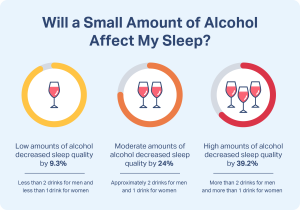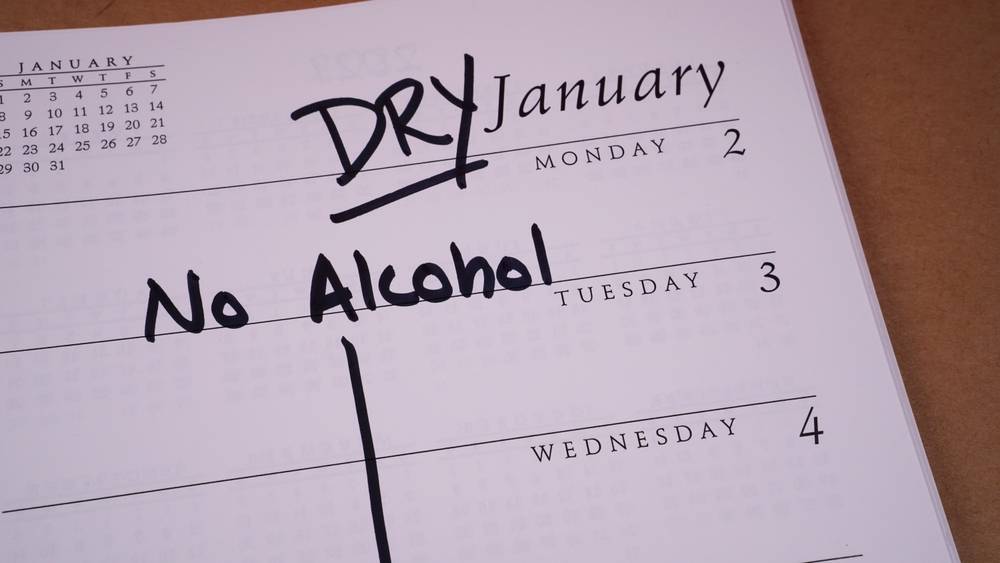“Stopping drinking for a month alters liver fat, cholesterol and blood sugar and helps them [drinkers] lose weight. If someone had a health product that did all that in one month, they would be raking it in.”
Professor Kevin Moore, a consultant in liver health services at University College London Medical Centre, has spent years studying the liver’s resilience and its response to alcohol.
His research highlights the dramatic improvements that occur after just 30 alcohol-free days, benefits that are accessible to anyone, not just heavy drinkers.
So, what’s up with Dry January? Since its launch, this movement has inspired millions to pause alcohol for 30 days.
Beyond the personal challenge, it’s a gateway to healthier habits, with research showing improvements in heart, liver, and metabolic health after just one month alcohol-free.
How One Woman’s Experiment Sparked a Global Dry January Movement
In 2011, Emily Robinson, a charity worker at Alcohol Change UK, decided to give up alcohol for January to help her train for a half-marathon.
What started as a simple decision turned into a transformative experience: she slept better, lost weight, and felt energised. More unexpectedly, people kept asking her about it: “What’s it like? Do you feel different?”
The following year, Emily realised she might be onto something.
What if taking a break from alcohol could help others reassess their drinking habits?
In 2013, with support from Alcohol Change UK, she launched Dry January. Just 4,000 people joined that first year, but the results were powerful.
Research showed that 70% of participants drank less six months later, and many saw improvements in liver fat, cholesterol, and blood sugar.
By 2024, Dry January had become a global movement, with almost 200,000 people officially taking part and millions more inspired to rethink their relationship with alcohol.
Your Heart and Liver Love a Break from Booze
One of the most immediate impacts of Dry January is on your heart and liver, two organs significantly affected by alcohol consumption.
Blood pressure improves remarkably within 30 days. A study in 2022 found that participants experienced an average drop of 9 mmHg in systolic pressure and 4.3 mmHg in diastolic pressure.
These changes significantly reduce the risk of heart disease and stroke, providing a tangible boost to overall cardiovascular health.
The liver also benefits from a month off alcohol, with key enzymes—markers of liver stress—stabilising rapidly. This quick recovery reflects reduced strain on the liver and its improved ability to detoxify.
Cholesterol levels see similar improvements, with total cholesterol dropping notably after just 30 days.
Sharper Minds and Better Moods
Dry January may also profoundly impact the mind.
Alcohol often disrupts the brain’s neurotransmitter balance, which affects mood regulation.
In a 2019 study, participants who reduced or stopped drinking experienced a significant increase in mental health scores. Women in particular saw an improvement of 2 points on the Mental Component Score (MCS), compared to negligible changes among lifetime abstainers.
View this post on Instagram
Cognitive function also improves, as another study discovered that a 30-day break from alcohol enhances memory, sharpens focus, and reduces brain inflammation.
These effects contribute to sharper thinking and greater mental clarity, making tasks that once felt overwhelming seem more manageable.
How Dry January Helps You Sleep Better and Feel Stronger
What happens to your body when alcohol is off the menu for a month? Sleep improves dramatically, which could explain the newfound energy many experience during Dry January.
Alcohol disrupts the deep stages of sleep, leaving you tired even after a full night in bed.

After 30 alcohol-free days, people report waking up feeling genuinely rested and energised.
Cutting out alcohol helps the body absorb nutrients more effectively.
Vitamin B12, necessary for energy production, is often depleted by regular drinking. When you take a break, the body replenishes its reserves, leading to noticeable increases in stamina and vitality.
What Happens After Dry January Ends?
Dry January is seen as a simple reset, but for many, it becomes a turning point. Taking a month off alcohol helps participants reassess their relationship with drinking, leading to long-term changes.
The experience of clearer thinking, better sleep, and improved health creates a powerful incentive to maintain healthier habits. Many participants report feeling more in control of their choices, enjoying social occasions without alcohol, and drinking less when they return to it.
The challenge also builds mental resilience. Saying no to alcohol during Dry January proves that navigating social pressures or routines without a drink in hand is not only possible but often rewarding.
This shift in mindset can have lasting effects, reshaping habits for months or even years to come.
The Science Behind Staying Alcohol-Free Longer
For those inspired by Dry January, the science suggests even greater rewards for sticking with reduced alcohol consumption.
Long-term abstinence or moderation can amplify many of the benefits experienced during the month. Improved liver health, better heart function, and enhanced mental clarity continue to grow with sustained changes.
Sustained periods without alcohol lead to better cardiac performance, including increased stroke work and improved heart efficiency. Similarly, ongoing abstinence lowers systemic inflammation, which is linked to diseases like diabetes and certain cancers.
@bethwalkonen dry January tip- it’s gonna be about delayed gratification, not instant gratification #fyp #sober #sobertiktok #sobriety #motivation #dryjanuary ♬ original sound – Beth Walkonen
This content creator on TikTok shares ways you can prepare for Dry January
Making the Most of Your Alcohol-Free Journey
Dry January is a powerful starting point, but the journey doesn’t have to end or begin only in January. If you’re looking to reset your habits, improve your health, or simply see how life feels without alcohol, the best time to start is now.
The beauty of an alcohol-free challenge is its flexibility. Missed a day? Struggled at a social event? That’s okay.
Every effort counts, and you can always try again. The key is focusing on progress, not perfection.
If January doesn’t work for you, pick another month or even start with a week off alcohol. Tools like the Try Dry® app and support from friends or communities can make the process more manageable and rewarding.
Taking a break from alcohol is an opportunity to discover a healthier, more mindful way of living, no matter when or how you begin.

